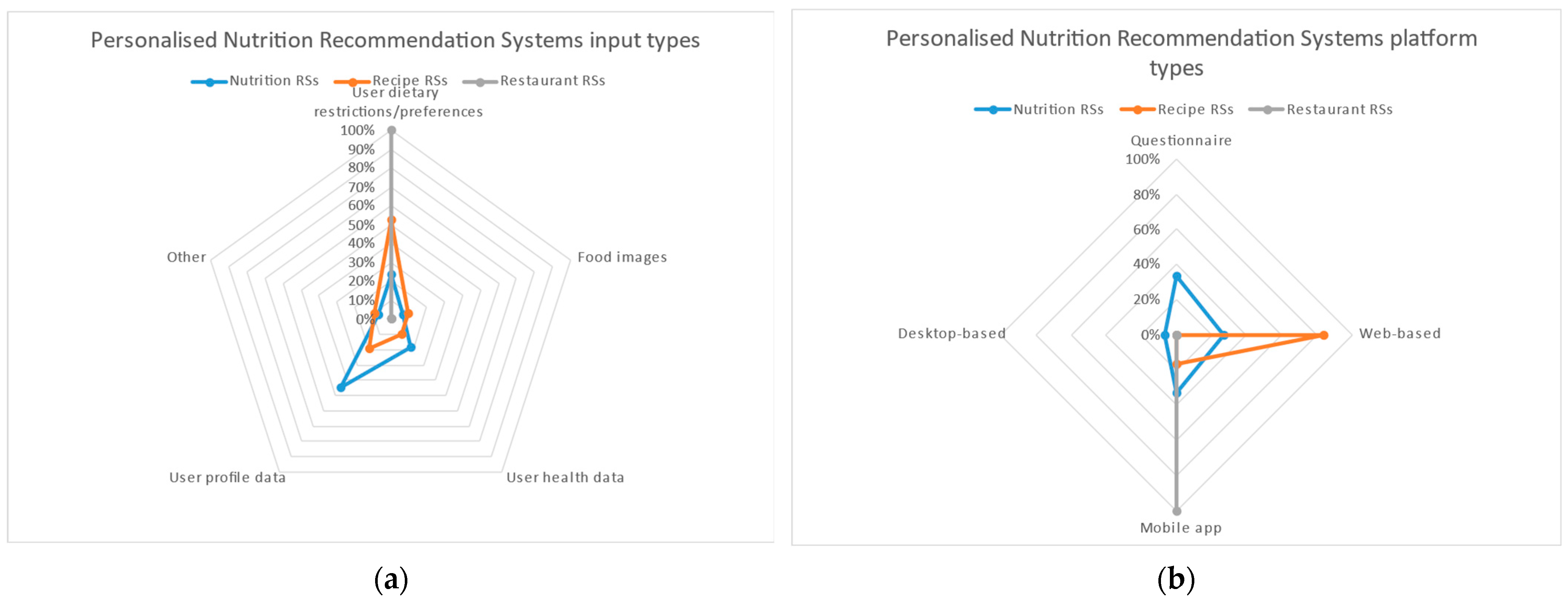
AI-Driven Diets for Smarter, Healthier Living
In an age where sedentary lifestyles and poor diets dominate, personalized nutrition (PN) is transforming how we approach health. A recent comprehensive review highlights how artificial intelligence (AI) and machine learning (ML) are revolutionizing dietary guidance by making it tailored, data-driven, and highly responsive to individual needs.
Modern health apps don’t just count steps or calories—they gather complex data from smartwatches, mobile apps, and even DNA tests. These platforms use AI-powered recommendation systems to analyze this data and suggest personalized meal plans, recipes, and even restaurant options aligned with each user’s health status, preferences, and lifestyle. From helping manage diabetes to supporting cancer patients with optimized diets, PN systems demonstrate high potential in enhancing well-being.
Three types of AI-based recommender systems were reviewed:
-
Nutrition recommendation systems, which generate personalized meal plans based on health metrics.
-
Recipe recommendation systems, which consider allergies, preferences, and cultural factors.
-
Restaurant recommendation systems, which propose healthy dining options tailored to the individual.
What makes these systems powerful is their integration of diverse data sources—like gut microbiome profiles, genetic markers, and food images—to create adaptive, real-time recommendations. However, the study notes several challenges: the need for large and diverse datasets, ethical concerns around privacy, and the importance of long-term behavioral change.
As health-tech and data science converge, personalized nutrition is evolving into a vital tool for preventive healthcare, potentially reducing the global burden of chronic diseases. Future developments should focus on inclusivity, sustainability (as emphasized by Food2030), and smarter user interfaces to truly democratize health.

Adapted from: https://www.mdpi.com/2227-9709/11/3/62